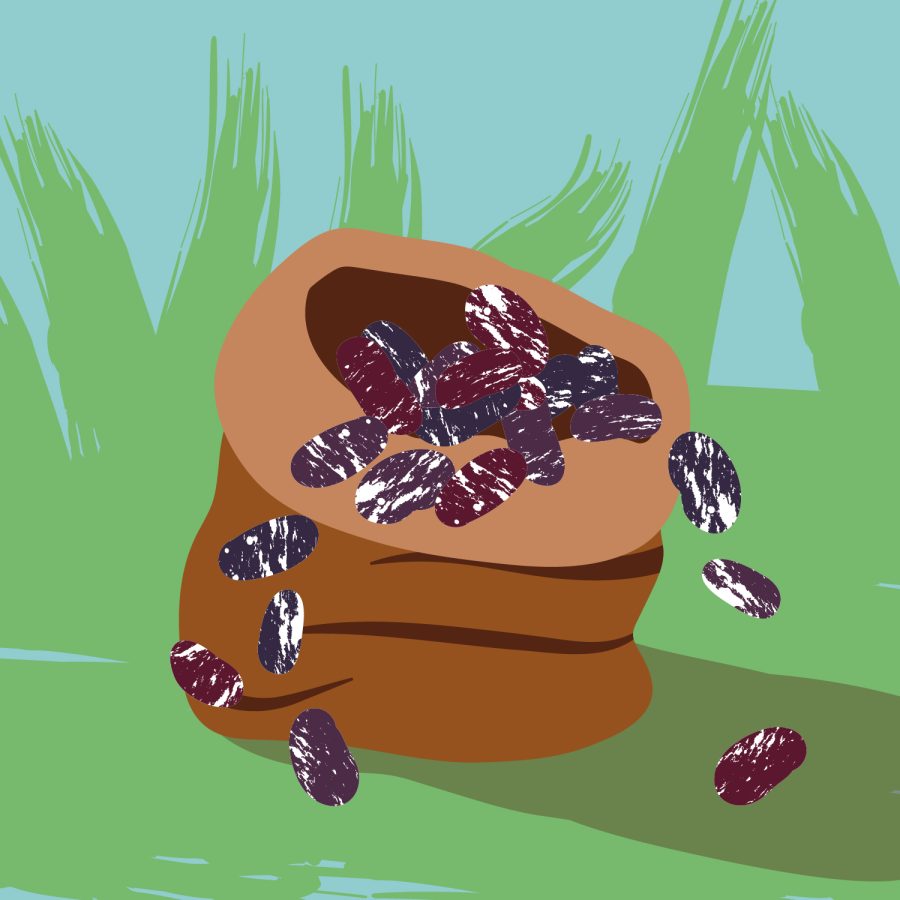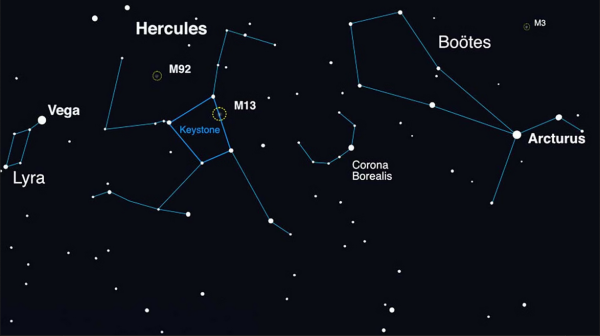Welcoming Seeds Home #2
The Seed Savers Exchange hosted the second installment in their webinar series about seed rematriation. The SSE is a non-profit organization that connects farmers. The SSE also collects, stores and regenerates heirloom seeds, distributes seeds via a catalog and website and educates gardeners.
Seed rematriation, as the SSE handout accompanying the series states, “addresses the desire for indigenous communities to actively reclaim their ancestral seeds and traditions.”
This webinar series covers the efforts of the SSE, funded through a grant by the North Central Sustainable Agriculture Research and Education Partnership.
Series moderator Shelley Buffalo, enrolled member of the Meskwaki Tribe, 2021 Seasonal Seed Steward for SSE and current Sustainable Iowa Land Trust partner, introduced the two speakers of the hour, Shiloh Maples and Rosebud Bear-Schneider.
Buffalo described Maples as “an Anishinaabe educator, community organizer and seed keeper who works in partnership with community members and leaders from the Great Lakes area.”
Maples earned her master’s degree from the University of Michigan in Social Work with a specialization in Community Organizing. For years after she completed her masters, she has worked with the indigenous community of Detroit to “establish a food-sovereignty initiative that increases access to ancestral foods … in the urban landscape.”
Maples currently serves as the Program Manager for the Native American Food Sovereignty Alliance.
Bear-Schneider also has her roots from Michigan. She was born and raised in southwest Detroit and now serves as the market manager and farmer for the Ziibimijwang Farm and Minogin Market (Little Traverse Bay Band of Odawak) in northern Michigan.
Through the years, Bear-Schneider has worked with Healthy Start and WIC (Women, Infants and Children) as a maternal-infant home visitor, farmer and nutrition educator with the Sacred Roots project in Detroit and board member at Keep Growing Detroit.
Maples and Bear-Schneider worked together in Detroit to create Sacred Roots, a program designed to reconnect Detroit citizens to their ancestral seeds in the urban landscape. Sacred Roots began with a humble seed garden and seed library as well as education on cooking, seed keeping and the history of the seeds.
Buffalo framed the webinar with the question “What is your experience with rematriation?”
Maples shared that “reconnecting to my traditional foods and seeds and practices has really helped me come home or return to my sense of self as an Anishinaabe woman and heal from the last 500 years plus that have happened to our people. I see rematriation as a returning to being in a community, being in relationship with all of our relatives, including our more-than-human relatives, our plant kin and traditional foods.”
She elaborated on that the community of the Anishinaabe, also known as the Three Fires Confederacy, which includes the Ojibwe, Odawa and Potawatomi nations. Additionally, she noted there are different interpretations and understandings of Anishinaabe. Maples grew up understanding the term to mean “original person.”
Bear-Schneider related rematriation to connecting with “so much that I lost that I didn’t know I lost … and searching for things that I didn’t know I was searching for. We found that in the soil and under the sun with these seeds, seed relatives and each other.”
She added that “it’s hard to put words to it. That’s something that I’ve learned in this work, is that it’s not just work. It’s part of our blood memory, and one of the most beautiful things is being able to do
this work with people who are feeling the same way I’m feeling and experiencing these things right along each other.”
Maples began to work for the Indigenous Seed Keepers Network in 2020. ISKN provides mentorship, learning series, field days and rentable equipment for seed growers and seed savers. She shared some of her experiences of working with community members.
Maples concluded her slideshow then Bear-Schneider shared her experiences with the farm and market.
The farm has 300 acres, 100 of which are tillable. When Bear-Schneider visited the farm in 2017, the Three Sisters Garden had been delegated to a half-acre near a barn on the farm. Since her arrival as a worker on the farm, she has worked to expand the Three Sisters Garden as well as its perennial presence.
Every year, the farm has a community planting ceremony. Community members, farm workers and elders come together to celebrate the beginning of the growing season.
The farm is named after the term Minogin, which means “grows well” and the plants that grow well are involved in the Three Sisters Garden: Mandaamin (Red Lake Flint Corn), Maskkodesimin (Odawa pole bean), Scarlet Runner bean, Chippewa bean, Onondaga (Cranberry bean) and Okosomin (Indian Pumpkin).
Bear-Schneider reflected on the surprisingly pleasant harvest. The farm is farther up north than her familiar Detroit so the length of the season, weather throughout the season, soil type and growing preference of the seeds were all unfamiliar.
Similar to the first webinar, Buffalo led a discussion after the main slideshow presentations had concluded. Buffalo, Maples and Bear-Schneider discussed their experiences as sisters, mothers, aunts and daughters of the seed saving community, the interconnectedness among organizations throughout the Midwest that yearn to restore their communities and what the future may hold.
Further webinars are available on YouTube on the SSEHeritageFarm channel















